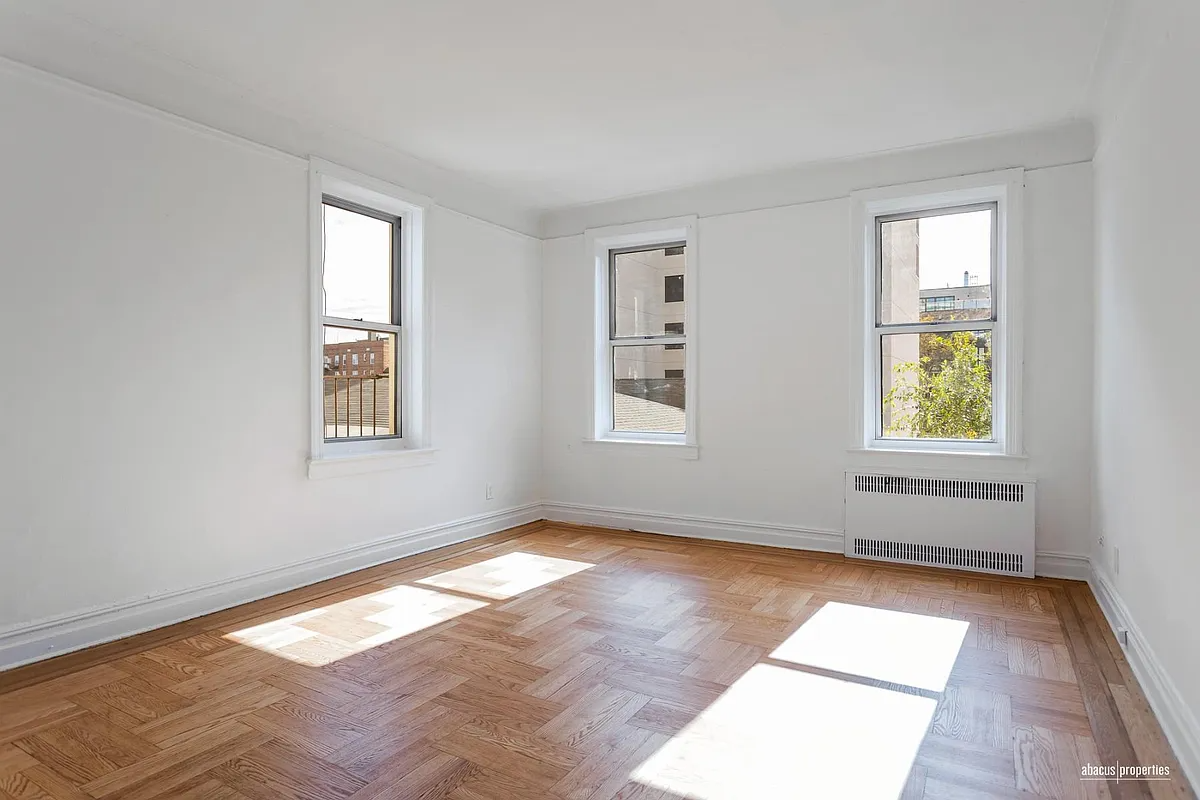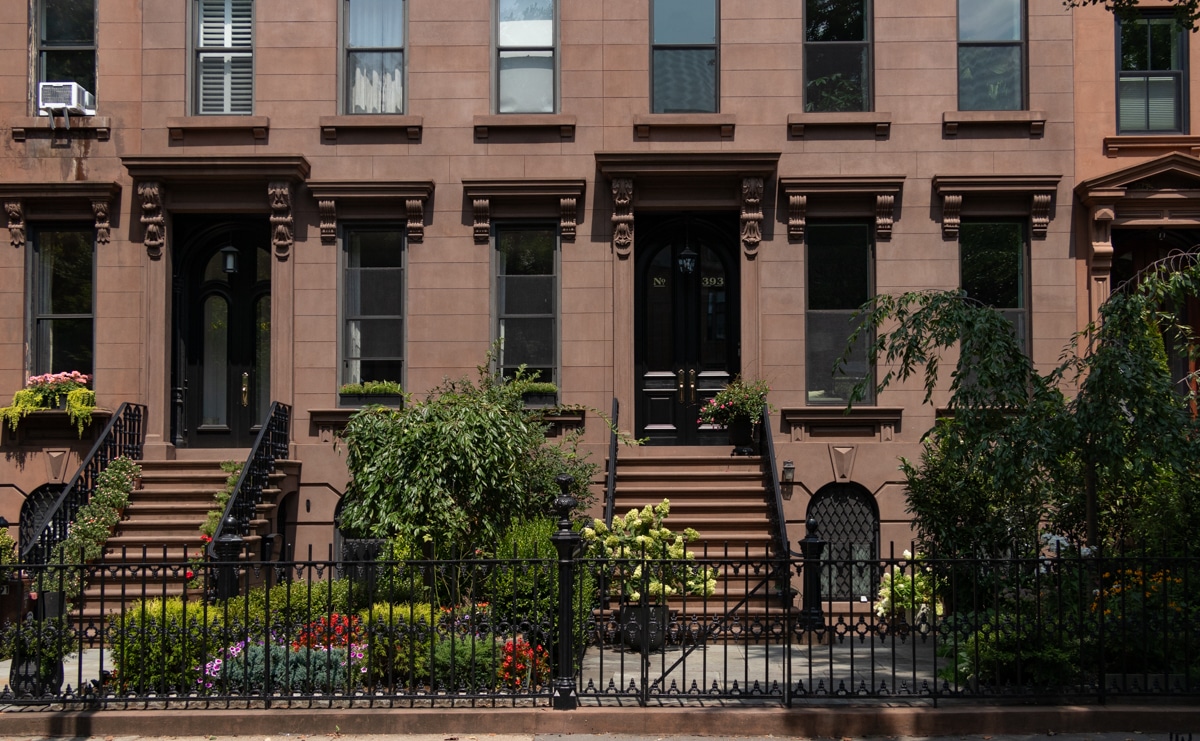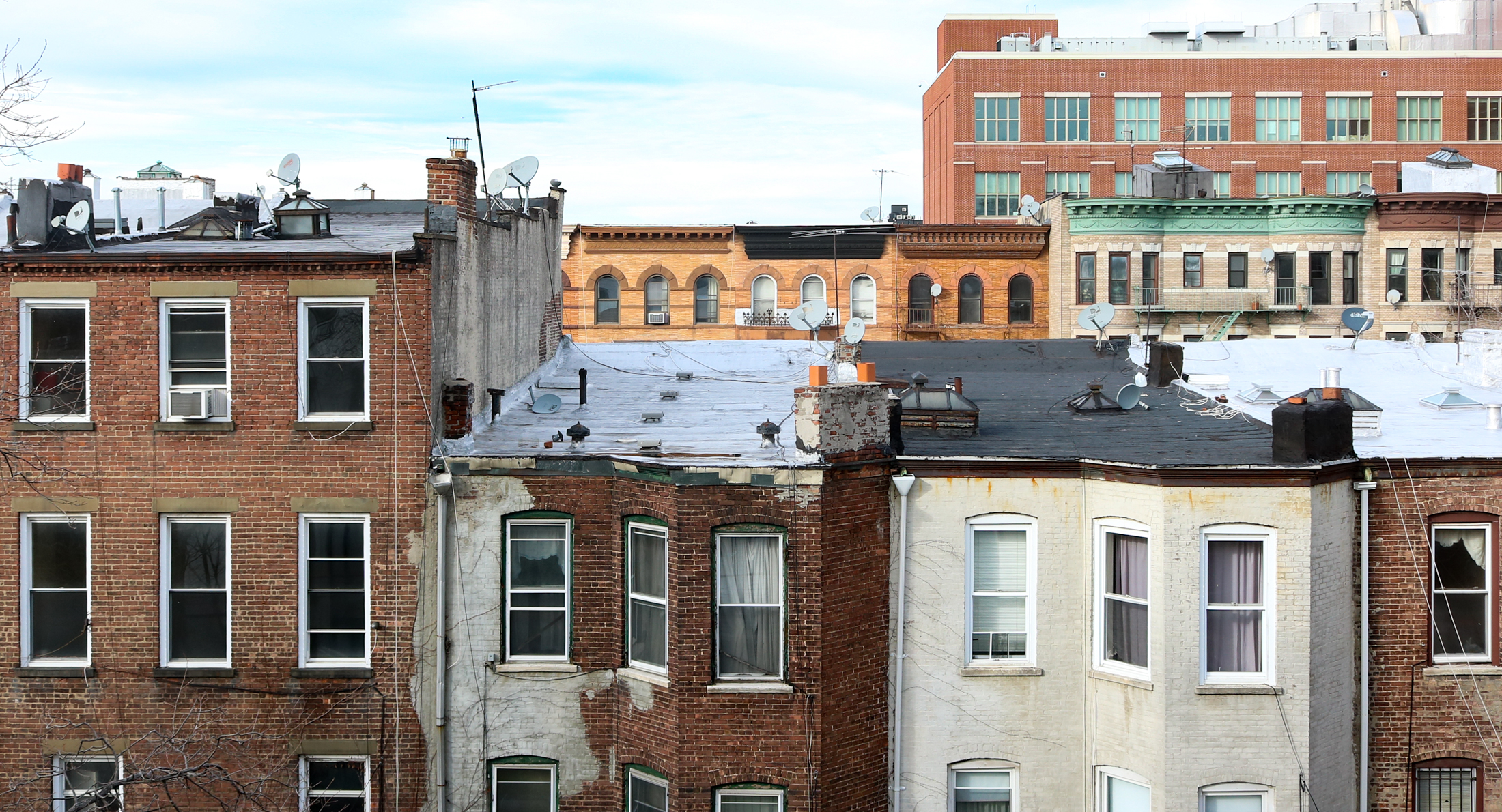Parking Minimums Downtown Being Reconsidered
The article itself is behind Rupert’s paywall, but information wants to be free so luckily StreetsBlog blogged yesterday Wall Street Journal piece on changes to the rules governing parking that the Department of City Planning is currently considering. In the article, a spokesperson for Council Member Stephen Levin is quoted as saying, “There is a…


The article itself is behind Rupert’s paywall, but information wants to be free so luckily StreetsBlog blogged yesterday Wall Street Journal piece on changes to the rules governing parking that the Department of City Planning is currently considering. In the article, a spokesperson for Council Member Stephen Levin is quoted as saying, “There is a movement afoot to eliminate or decrease the parking minimums.” The term “parking minimums” refers to the zoning rule that has required developers on new residential buildings in places like Downtown Brooklyn to create enough off-street parking to cover 40 to 50 percent of their units; projects like the Oro, Toren and Avalon, for example, have had to create hundreds of parking spots among them. Based on the article, it sounds like just about everybody, from Levin to the Downtown Brooklyn Partnership to the MetroTech BID, would be in favor of reducing them.
Movement Afoot to Drop Downtown B’klyn Parking Minimums [StreetsBlog]
Parking Industry Feels Under Attack [Wall Street Journal]





Developers in most of the south slope construction bypassed the parking requirements for of street parking by building several smaller buildings with different addresses side by side.
There is no better example of the free market at work than the residential parking garage located at 406 15th street. Monthly parking> Hourly parking> Zip Cars> Over night Commercial off street parking> Alternate side off the street temporary parking> all with out any apparent government restrictions.
Financeguy’s argument as long as the City would also bewilling to grant permits for people to build new stand alone parking garages.
Available street parking is a finite resource even if it is turned over more.
I think sounding simplistic regarding ‘apportioning’ cost of parking to each owner. I though ‘supply and demand’ determined price….not cost of building parking. Still needed to sell apts an dbe competitive to others in neighborhood (many in smaller bldgs with no parking).
Some bldgs you buy the space(and by supply and demand builder could be making profit on that also) and others are kept as income producing.
Wonderful to apply your free-market principles —- but at what point would you be making the headache(and cost) of living in the city undesirable to those that pay bigger taxes, buy in local businesses,etc? Could you be driving enuf of that group out that in end city loses?
Also , I hate idea of parking permits….talk about bureaucratic headache.
to m4l, being close to subway and not dependent on car is certainly factor…but many people still want one -perhaps one member of couple works midtown and uses subway but other work on LI. Do we want to make it harder /less desirable for them to live here. Maybe one person uses to go to work….but most of time doesn’t use.
Ty;
The garage is set-up as a separate entity (i.e. a condominium unit) and its owner sets the rate for parking. Perhaps I should have been more specific, so let me clarify: it is my contention that the purchase price of that garage unit does not reflect its cost. Some of the cost of garage was borne by the owners of the residential units (be they car owners or not).
Put another way: the purchase price of the garage unit was based upon the reurn anticipated from the market for parking, not its cost structure. Hence, my point: the mandate to include parking in every new structure is not economically efficient.
Blowfish typed a really simplistic take on infrastructure, while Benson was typing about something totally unrelated.
Blowfish;
I truly have no idea what you are talking about in your most recent post. You state that I make an overly simplistic take on infrastructure – but I never made a statement on this topic. My remarks were solely focused on the parking mandate and its effect on the cost of a building.
Also, Benson, don’t car owners pay for the parking? (additional fees) These rates should more than cover the costs of the parking structure (over, say, 20+ years) and its maintenance. If they don’t, then the board has set the rates too low.
benson, that’s an overly simplistic take on infrastructure. You ‘subsidize’ car owners, but the whole state subsidizes NYC public transportation. Public transportation cannot pay for itself, but it is absolutely necessary for the city to function. There are many, many reasons for this. There are people with advanced degrees and sophisticated tools that specialize in urban transportation– its not something that us armchair urban planners can wax economic about.
The incentive to not own a car would be a RELIABLE public transportation system. If I could count on MTA where I live, I would ditch my car in a heartbeat.